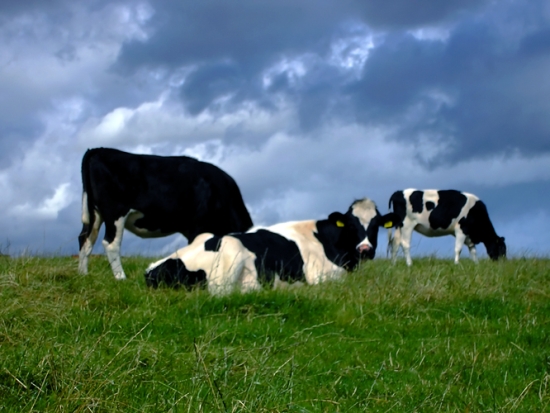The Cooperative Group was once one of Britain’s most successful mutually owned businesses, but recent troubles have seen financial issues plague the day to day running of the company. Last year, this came to a head when a £1.5 billion hole in the firm’s banking division was revealed, which only added to the group’s troubles regarding the losses made by loan writedowns.

In a bid to make a dent in the company’s worst ever reported losses of more than £2 billion for the last financial year, the group has confirmed that rumours regarding the potential sale of its farming division are true. This is because bosses at the Co-op consider the farming leg to be peripheral to its main activities, and also because they believe the venture requires considerable investment in order to make it truly profitable.
Unfortunately, the sale of the farming business may disappoint members of the Co-op as they believe the ethical trading stance and focus on fresh produce to be an integral core of the business’ values. However, the Co-op plans to defend its decision by pointing out that only 2 per cent of the produce grown on its 15 farms actually goes straight to the stores, with a 70 per cent majority of produce going to bread companies in order to lift profits.
The Co-op released a statement announcing the upcoming sale, saying; “As part of the wider strategic review of all of its businesses, The Co-operative Group has decided that its farms are non-core and has started a process that is expected to lead to a sale of the business.
“In addition, it is exploring options for the future of the pharmacy business – this could include the sale in whole or part of the business.”
The potential sale of the pharmacy business, which comprises a network of 750 high street outlets and a distribution centre in Stoke-on-Trent, came as more of a surprise to many industry experts. This is because, although it admittedly requires a certain amount of investment it has been relatively successful and a source of steady income for the Co-op in recent years.
Chief executive Euan Sutherland, who stepped into the role 9 months ago in order to attempt to tackle the group’s ongoing financial crisis, is expected to update members and the public on the progress of his turnaround plan on the 26th of March; coinciding with the Co-op’s release of its annual results. But with a first half loss of £559 million, and a warning that the full year report is likely to be “ugly”, it seems that Mr Sutherland may face a significant backlash from members with the farming business close to their hearts.
Do you think The Co-operative will make enough money from the sale of its farms to aid in its financial situation and, if so, should the proceeds of that sale be used to reinvest in the relatively buoyant pharmacy leg?